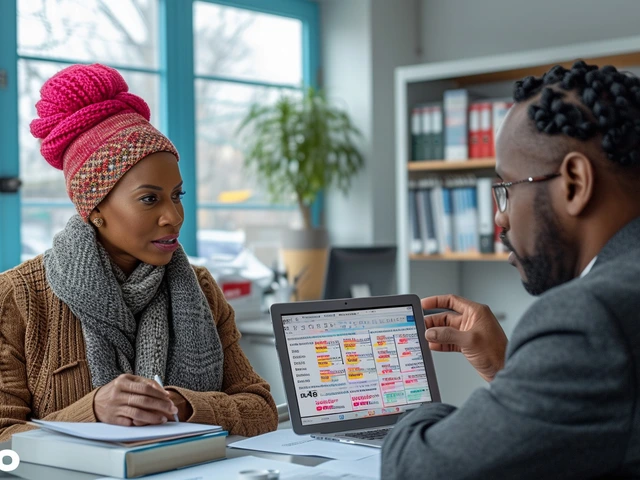Sexual activity: practical tips for safer, healthier sex
Sexual activity matters for your physical and mental health. Whether you're new to sex or have many partners over time, a few clear habits cut risk and keep things better for everyone involved.
Start with consent and clear communication. Ask what your partner wants and what they won’t do. Say what you want and what you don’t want. If something changes in the moment, stop and talk. Consent can be simple and direct — it reduces awkwardness and prevents harm.
Use protection every time you have sex unless you and your partner have agreed on another safe plan. Condoms are the easiest way to reduce risk of most STIs and prevent pregnancy. Put a condom on before any genital contact. Check the expiry date, store them in a cool dry place, and use water-based or silicone lubricants. Oil-based lube breaks latex.
Testing is not just for people with symptoms. Many STIs are silent. Get tested regularly if you have new or multiple partners, or if you suspect exposure. Quick tests are available for HIV, chlamydia, gonorrhea, and syphilis. Your doctor or local clinic can tell you which tests make sense and how often to repeat them.
Contraception choices that actually work
There’s no one-size-fits-all birth control. Condoms protect against STIs and pregnancy but are not the most effective method for preventing pregnancy alone. Long-acting reversible options like IUDs and implants have the highest effectiveness. Pills, patches, rings, and injections work well when used correctly. If you’re on medication, check for interactions — some drugs can make hormonal birth control less effective. Talk to your clinician about backup methods when needed.
Emergency contraception is available if something goes wrong. The sooner you take it after unprotected sex, the better. It’s not a regular method but it works when needed. You can get it at pharmacies or clinics, and some forms require no prescription.
Medications and sexual function
Many common medicines affect libido, erection, arousal, or orgasm. Antidepressants (like SSRIs), some blood pressure drugs, and certain pain meds can change sexual response. If you notice changes after starting a drug, don’t stop it suddenly. Instead, bring it up with your prescriber. There are often alternatives or dosing adjustments that help. Also mention any herbal supplements you take — St. John’s wort and others can change how prescription meds work.
Pain during sex is not normal. Conditions like infections, nerve issues, or medication side effects can cause pain. If sex hurts, see a provider — there are straightforward treatments and physical therapy options that many people don’t know about.
Finally, mental health matters. Anxiety, past trauma, and depression change desire and performance. Therapy, medication adjustments, and open communication with your partner can make a big difference. If you’re unsure where to start, your primary care doctor can point you to sexual health clinics, counseling, or specialists.
Safe sex is a mix of good habits: clear consent, reliable protection, regular testing, and talking to clinicians about meds or pain. Those steps keep sex healthier and more enjoyable for you and your partner.




